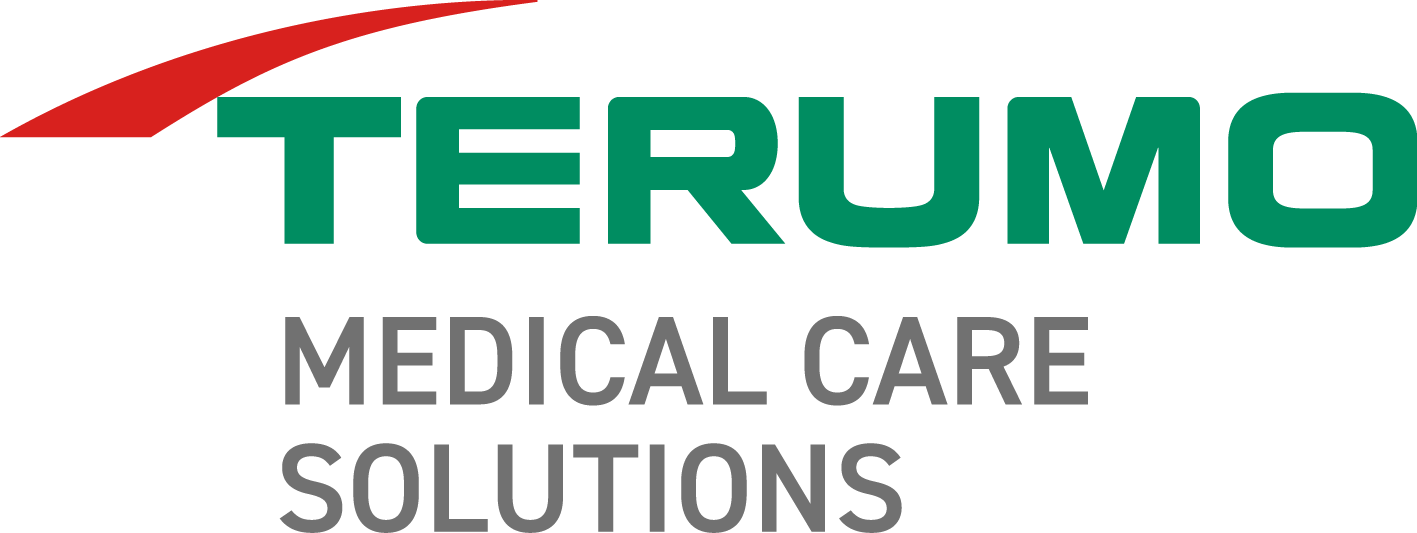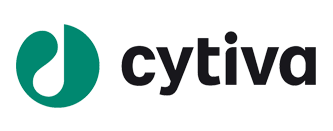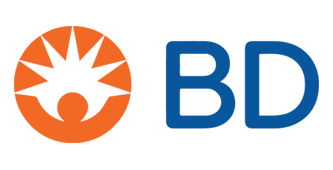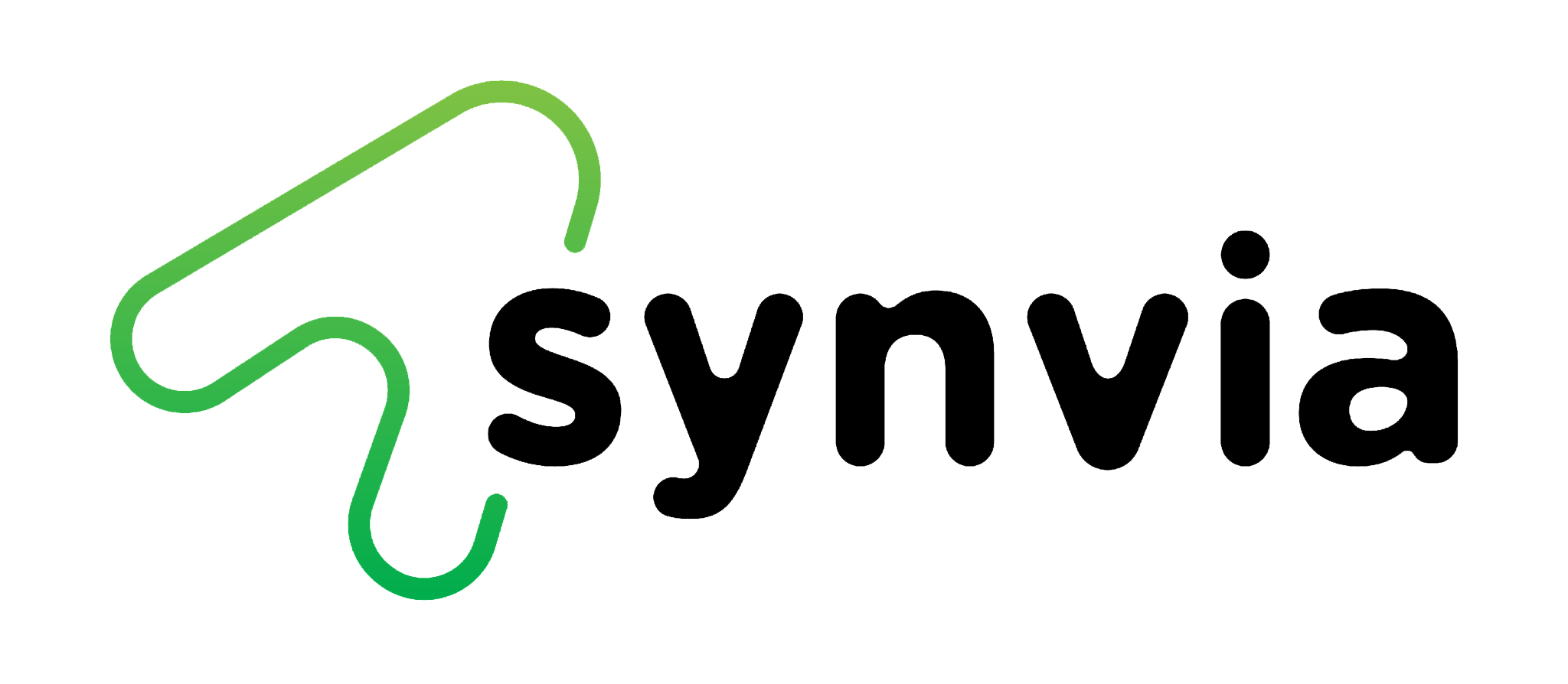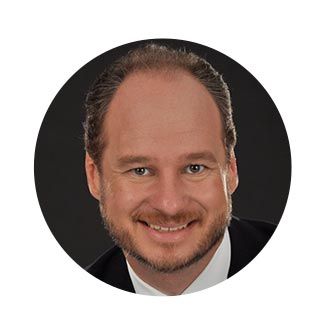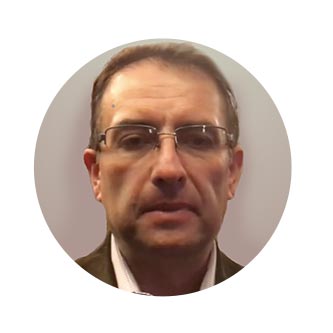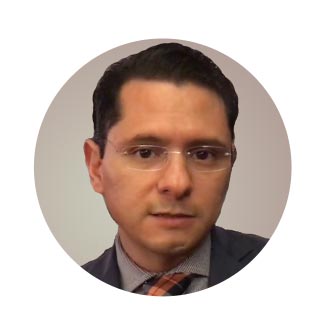
Biosimilars LatAm – Brazil 2024
The 2024 edition in Brazil aims to delve into the hurdles of producing monoclonal antibodies locally, discuss effective strategies for navigating the complex landscape of biosimilar licensing in Brazil, and explore the economic implications of biosimilar usage, focusing on cost savings, accessibility, and the evolving market dynamics in the country.

Who will
you meet?
More than:
Participants
Companies
HCPs
Patients
Academy
Investors
Institutions
Associations
Service Providers
Government Agencies
Industry Executives from Latam
- Biosimilars
- Biobetters
- Biotechnology
- Biotherapeutics
- Analytical science
- Regulatory compliance
- Quality Control
- Clinical immunology
- Scientific Affairs
- Pharmacovigilance
- Research
- Regulatory
- Business Development
- Marketing
Plan Your 1-to-1 Meetings with JackLeckerman App
1. JackLeckerman App: Login & Meeting Notifications
Download the JackLeckerman App and sign up.
Check your email for the login details, or use the “Forgot Password” option to retrieve them.
You will receive meeting reminders on your mobile over the 2 days.
These reminders will include meeting requests, meeting confirmations, and messages from other attendees and the coordinator.
2. Attendee list to Plan Your Meetings
Browse the attendee list and select someone for a 10-minute 1-to-1 Meeting request.
Meeting requests close one hour before each Networking session in the program.
3. Managing Meeting Requests, Your Meetings Schedule
Accept or decline meeting requests through the “Meetings” button.
Check your scheduled meetings for the upcoming networking break.
4. Meeting Point Location in the Coffee Break Area
Go to the coffee break area and find the table number to meet your colleague
Speaker Board
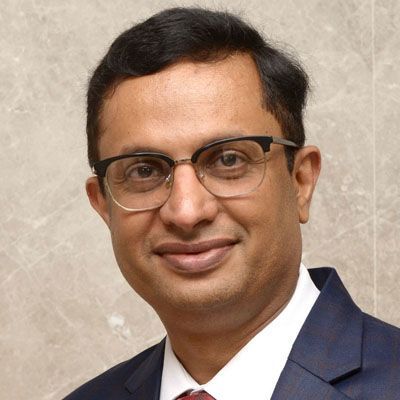
Suryanarayana Nagendra
LatAm Cluster Head
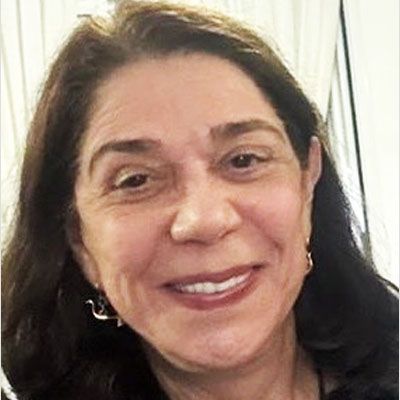
Ana Maria Moro
Lab Director
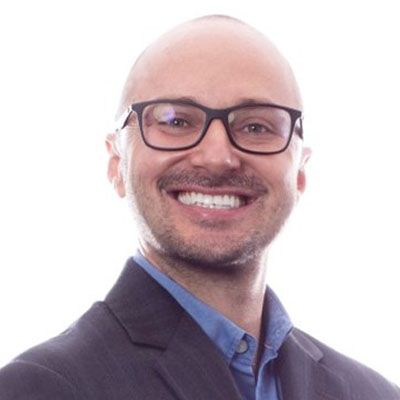
Andre Luiz Jochen
Regulatory Affairs and Quality Director

Marco Antonio Fernandes
Business Development Manager
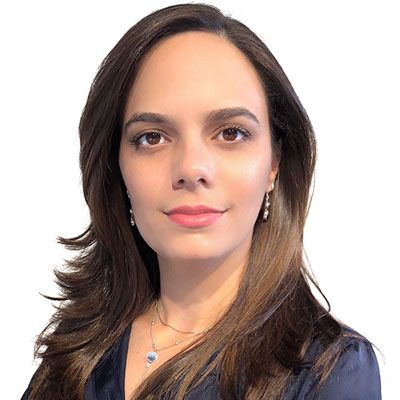
Carla Juliani
Technical Services Manager Latam
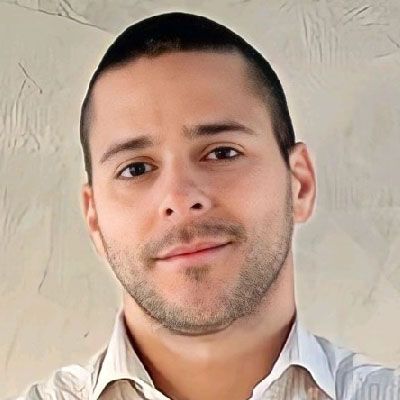
Paulo Fernandes
Consultant - Clinical Development

German Wassermann
Biotechnology Director - R&D

Fatima Ventura
Drug Evaluation Department - Scientific Evaluation Unit

Mariana de Cerqueira
Upstream and Cell Culture Sales Specialist
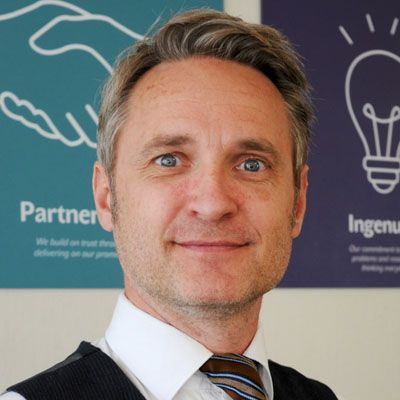
Alexander Schäfer
Business Development Manager

Juan Amor
Technical Application Specialist (Purification)

Justin Sweeley
Integrated Solutions Sales Manager, North America West
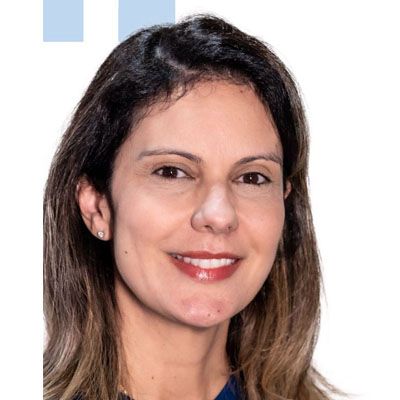
Liana Dalolli
Biopharma Business Unit Director
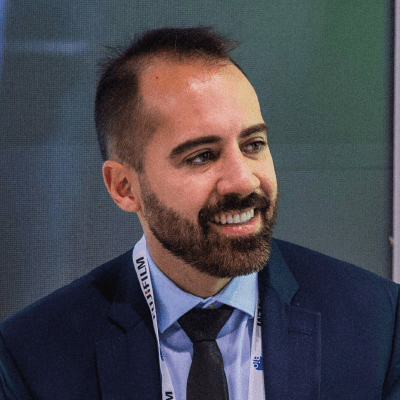
Cristiano Gonçalves
Director of Innovation and Tech Licensing
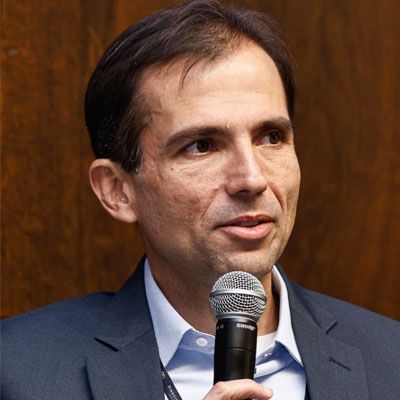
Fernando de Rezende Francisco
Executive Manager
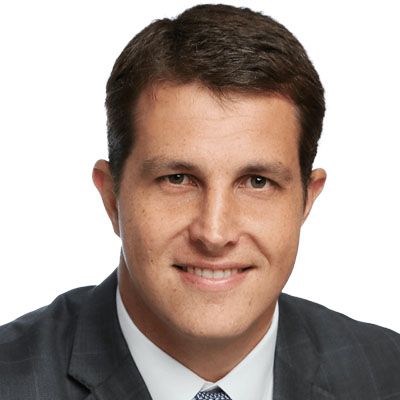
Ricardo Campello
Partner
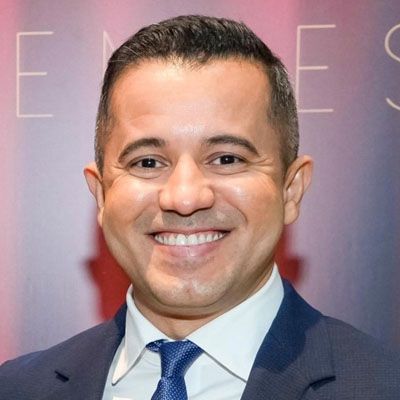
Uilberson Silva
RD&I Director
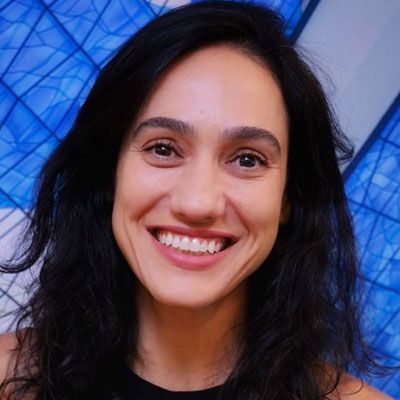
Marcela Amaral Pontes
Access Manager
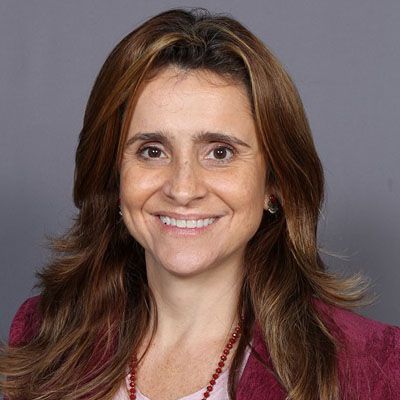
Perla Villani Borges
Business Development Manager
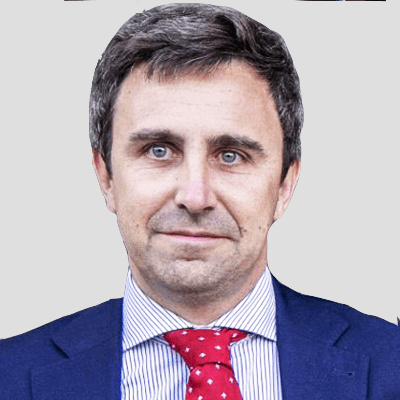
Francisco Javier Domingo
Business Unit Director Spain
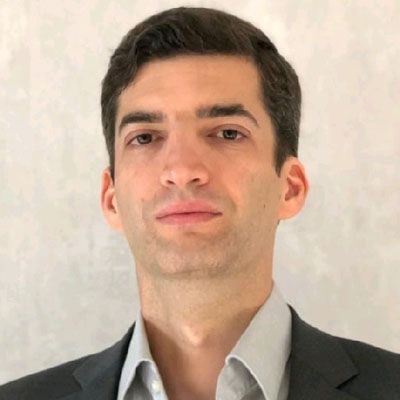
Anderson Montai
Manager, Specialist in Health Regulation and Surveillance
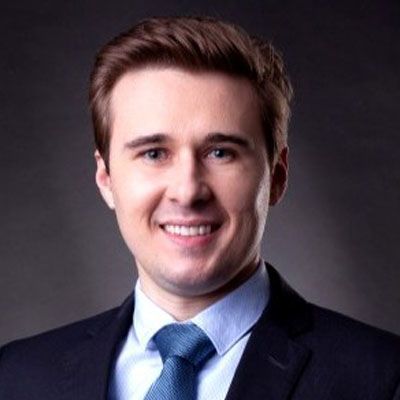
Flavio Spegiorin Ramos
Partner
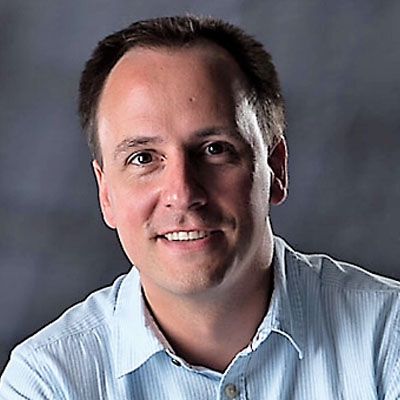
Philippe Lauwers
Technology Development Director
Program at a Glance
Biosimilar Regulatory Updates
Regulatory Milestones: Insights from Portugal and the EU on Biosimilars
The legal and regulatory framework for the development and approval of biosimilars in the European Union (EU) has pioneered the global initiatives on making biologic medicinal products a reality to many patients without threatening the sustainability of the health systems. The steps and requirements to be taken for the register of biosimilars in Portugal and in the EU will be addressed alongside highlighting the initiatives implemented to set the trust of prescribers and patients on biosimilars, the challenges still to face and luckily the existing and future opportunities to progress in this field.
Harmonizing Global Standards for Biosimilars: Insights from ICH Guidelines
The ICH guidelines for global biosimilar standards aim to harmonise regulatory approaches across regions, ensuring consistent evaluation and approval processes. These guidelines cover quality, safety, and efficacy requirements, focusing on the comparability of biosimilars to reference biologics. By standardising analytical techniques, clinical trial designs, and pharmacovigilance practices, the ICH guidelines help streamline biosimilar development, facilitate international collaboration, and enhance access to safe, effective, and high-quality biosimilar medicines worldwide.
Challenges in Local Production of Monoclonal Antibodies
Brazil faces challenges in local production of monoclonal antibodies, a critical area for healthcare. These challenges include technological limitations and complex regulatory processes, hindering domestic production. With a growing demand for these advanced therapies, Brazil seeks to overcome these obstacles through strategic partnerships and investment in research and development. This effort aims to strengthen local capabilities and ensure broader access to vital monoclonal antibody treatments.
Navigating the Landscape of Biosimilar Licensing: Strategies for Successful Market Entry in Brazil
Navigating the landscape of biosimilar licensing in Brazil requires a nuanced approach due to its intricate regulatory framework. Companies aiming for successful market entry must navigate approval processes, pricing negotiations, and local partnerships. Understanding these complexities and employing tailored strategies, such as leveraging data exclusivity periods and engaging with key stakeholders, can pave the way for a fruitful entry into Brazil’s biosimilar market.
Economic Impacts of Biosimilar Administration in Brazil: Cost Savings, Access, and Market Dynamics
The economic impacts of biosimilar adoption in Brazil are significant, with cost savings, improved access to treatments, and evolving market dynamics. The widespread use of biosimilars in the country’s healthcare system leads to substantial savings for patients and the healthcare industry. This trend also fosters competition among manufacturers, driving down prices and expanding accessibility to vital biologic therapies.
The Role of the Program for Local Development and Innovation in the Brazilian Biosimilar Landscape
Unlike the PDP Program, which focuses on building national capacity through technology transfer from private companies, the PDIL aims to reduce the production and technological vulnerability of Brazil’s Unified Health System (SUS) by fostering local development of innovative solutions. the Ministry of Health would select projects regularly submitted to the Secretariat of Science, Technology, Innovation, and Health Complex (“SECTICS”), as well as projects submitted in response to public calls. Support would be formalized through any instruments aimed at promoting innovation. This initiative aims to bolster local production and technological development in Brazil’s healthcare sector, including the advancement of biosimilars.
Expert Panel Deep Dive: Biosimilars Access Development
The advances in access to biosimilars in Latin America, particularly in Brazil, are gradual and developing steadily. In the most relevant countries of the region, an increasing number of people are facing difficulties accessing medications. So, what is the next stage for Brazil in the new regulatory context?
Full Programme in the PDF Agenda
Download Agenda
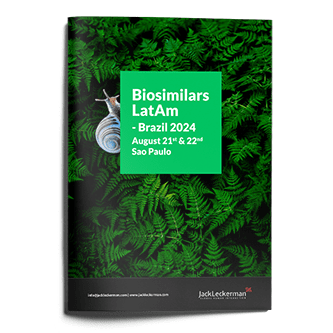
Sponsors
Photo Gallery from Previous Events



